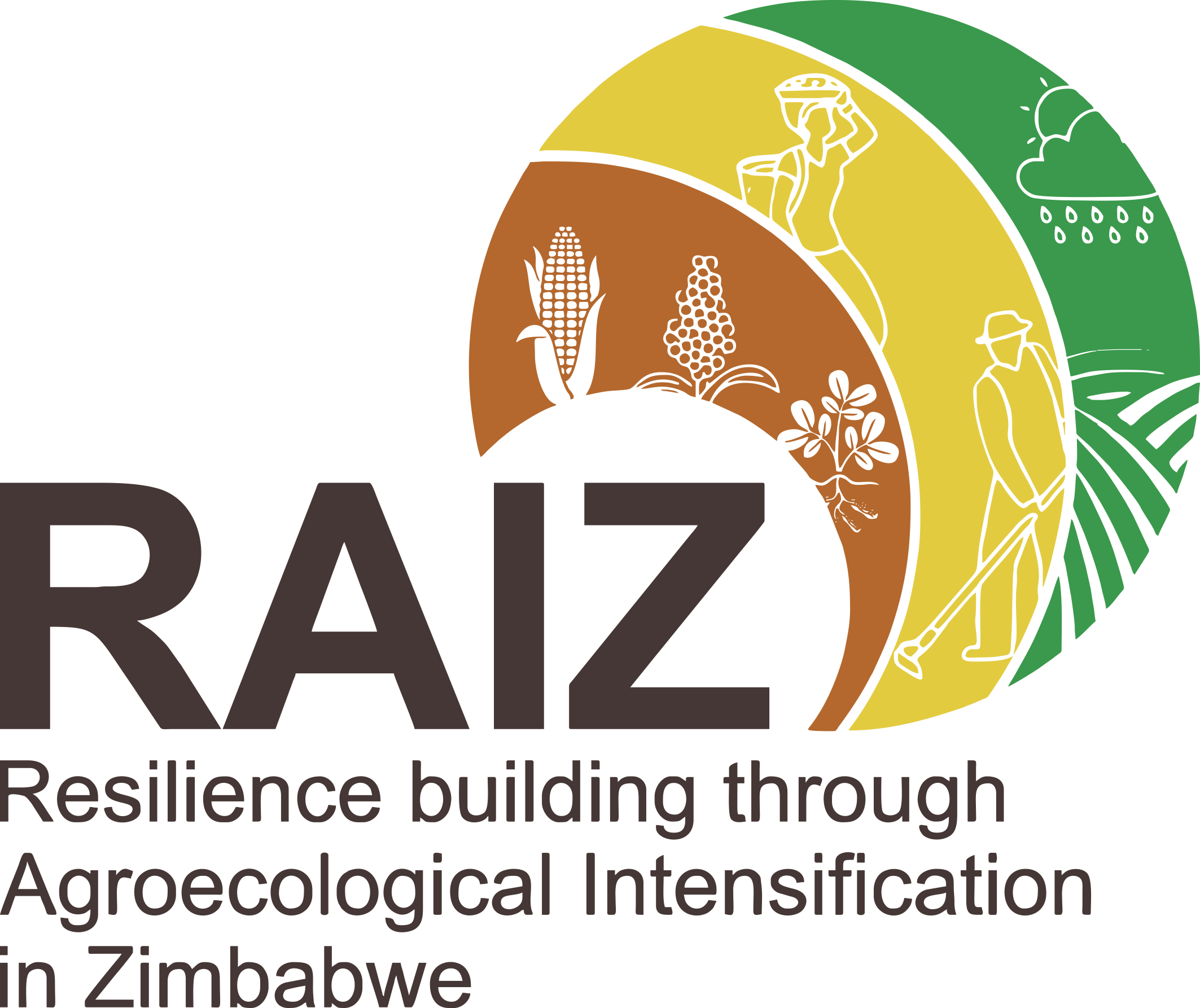Soil Weed Seed Bank Population Dynamics in Maize Cropping Systems along a Climate Gradient in Mashonaland East Province, Zimbabwe.
Research questions
- What are the effects of crop and weed management strategies on the soil weed seed bank size and composition in farmer managed fields along a climate gradient in Mashonaland East Province, Zimbabwe?
- Which are the dominant and future dominant weed species that are affecting farmers in different agro-ecological zones?
General context
Weed seed bank, the reservoirs of viable weed seeds in the soil, serve as a critical source for weed infestations, challenging the productivity and sustainability of maize cropping systems. As these seeds possess the ability to persist in the soil for extended periods, the impact of weed management strategies cannot be underestimated. Weeds compete with maize crops for resources that include moisture, nutrients, space and light. Weeds harbour pests and diseases that infest maize crops hence reduced yield and lower profits. The crucial period for weed control in maize production is from planting to six weeks of growth, it is during this period that maize crop will be very vulnerable to weed competition.
Importance of the research question
Understanding the effects of crop and weed management strategies on soil weed seed bank will help researchers and farmers to anticipate potential impacts of crop weed competition on maize yield and quality. In Zimbabwe maize production bears important implications for poverty alleviation since maize is a staple crop in the country. This implies that effective crop and weed management strategies contributes towards reducing soil weed seed bank size which in turn boost food security by reducing weed crop competition.
It is not possible to develop practical control strategies without knowledge of common problematic weeds in an area. This will then make it easier for researchers to do weed intensity mapping and diversity studies so to craft practical management strategies which compliment anticipated problems.

Bridget Vimbai MASUNDA
Masters Student
Degree in preparation
MSc Plant Production Systems Design and Agronomy
Duration
2024 – 2025
Location
Agroecological regions II, III and IV (Murehwa & Mutoko)
Supervision
Main supervisor – Dr J.T. Rugare
Co-supervisors – Dr S. Mabasa, Prof R. Chikowo, Ms J.C. Murimwa
Biography
Bridget Vimbai Masunda is a hard working student with traceable academic achievements. She obtained a Bachelor of Science Honors Degree in Agronomy from Midlands State University (MSU) class of 2020. She has one published research article titled ‘Preharvest Abiotic Conditions on the Accumulation of Bioactive Compounds and Antioxidant Capacities of Sweet Bell Pepper (Capsicum Annum L) Cultivars in the Low and High Veld Regions of Zimbabwe’
(http://doi.org/10.26480/asm.02.2021.67.72) and an ongoing research paper titled; ‘Screening Tobacco Landraces for Potato Virus Y (PVY) resistance.’ Her work testifies
her interest in agronomy and sustainable agriculture. She is also an active member of the Microbial Ecology Research Network in Zimbabwe (MERNZ and Zimbabwe Plant Breeders Association (ZPBA).
